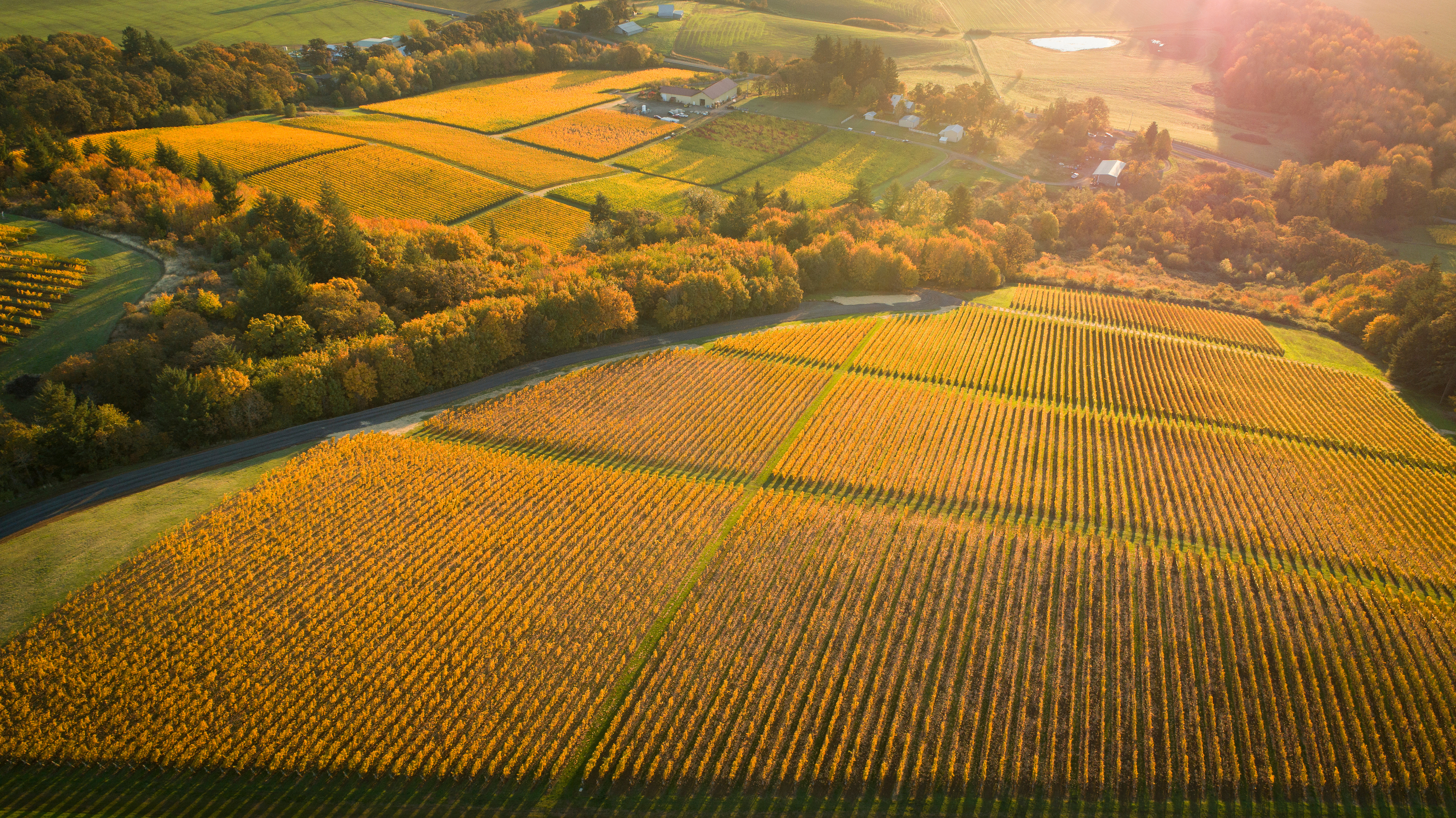Forbes: The Best Red Wines for Fall Under $100
By Lauren Mowry
Jordan, Cabernet Sauvignon Alexander Valley, California 2014 ($59)
The Jordan family suspected Alexander Valley in Sonoma would make great Cabernet Sauvignon long before the rest of the world gained such wisdom. Their first vintage was 1976; ever since, the family has focused on two wines: a Bordeaux-style Cab and Chardonnay. John Jordan, who helms the winery today, does justice to the winery’s 40-year legacy with this excellent 2014. Left Bank-ish with its plum, pencil shavings and leather notes, the wine’s easy charm but firm structure delivers a perfect pairing to heavier fall foods.
Prunotto, Barbaresco, Piedmont, Italy 2015 ($44)
Piedmont, Italy’s white truffle season starts in late fall. The combination of pungent, earthy truffles shaved raw over steaming butter-hued tagliolini and served with a glass of the region’s Nebbiolo is one of the great food and wine matches of the world. So, when the air turns crisp, Nebbiolo and pasta come to mind. Nebbiolo is the specialty of Piedmont, and Barolo the king of the region. But Barbaresco, often seen as softer and more elegant, punches well above its weight given it’s often priced less than its famous counterpart. Prunotto makes beautiful wines, including this 2015, brimming with red rose, wild mint, black tea and spice, which is fresh and long on the finish.
Cristom, Mt. Jefferson Cuvée Pinot Noir, Willamette Valley, Oregon 2017 ($37)
Pinot Noir is a four-season wine, but autumn may be the best time of year to enjoy it. Pinot often tastes like forest floor, mushrooms and wet leaves—scents that arise when trees drop their cover and the temperature drops. Cristom has always produced wines that conjure the intersection of an Indian summer and early fall, including the Mt. Jefferson Cuvée, one of Cristom’s more accessible wines. The 2017 delivers ripe berry flavors built atop a savory, earthy foundation.
Robert Biale, ‘Black Chicken’ Zinfandel, Napa Valley 2017 ($47)
Robert Biale is the OG of Napa Zinfandel. The Biale family has grown and promoted America’s adopted heritage variety for more than 70 years. In fact, their legacy reaches back to Prohibition when Aldo Biale made wine secretly in a garage. Similar to the tradition of speakeasies using an animal code name for entry into their establishments, the Biales adopted the phrase “Black Chicken” for wine buyers looking for jugs of Zin. The 2017 is juicy, ripe and brambly, the way well-made Zinfandel should be.
Alain Voge, ‘Les Cotes’ Syrah, Saint Joseph, France 2016 ($45)
Based in the Rhone Valley, Domaine Alain Voge was established by the fourth-generation winemaker of same name. In 1958, Voge started working in his father’s vineyards, later inheriting the land and expanding into the 16 acres of holdings today. Voge makes one Saint Joseph wine, ‘Les Cotes’ or ‘The Slopes.’ While vines aren’t particularly old at 12 years, they’re producing pretty fruit. Look for classic Syrah notes of pepper, smoke and spice laced with herbs, blue fruits and cherries. Silky, edgy and elegant, this a wine for sweater season.
Avignonesi, Vino Nobile di Montepulciano, Tuscany 2014 ($29)
Somehow in all the hoopla over Tuscan wines, from Chianti to Brunello di Montalcino, Vino Nobile di Montepulciano got overlooked. That’s too bad since the Sangiovese-based wines of this historic appellation offer some of the best values in the region. Avignonesi had a change of ownership in 2009, leading the new owner Virginie Saverys to convert farming to biodynamics and winemaking to a minimal intervention effort. The 2014 features a fresh spin on the regional style, with bright clean flavors of raspberries and cherries countered by notes of leather and earth.
Paul Achs, Edelgrund Blaufränkisch, Burgenland, Austria 2015 ($30)
Austrian reds make perfect autumn wines. The country’s indigenous grapes offer a balance of ripe fruit with minerality and freshness. Blaufränkisch is the most robust of the native grapes, full of tannin and texture, and Paul Achs, based in Gols, produces benchmark examples. The Edelgrund is a tier above his more accessible Heideboden, adding depth and complexity to black fruits, spice and savory earthy notes.


